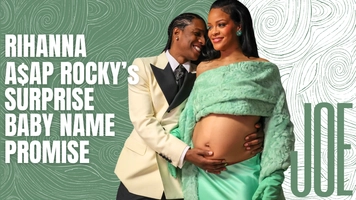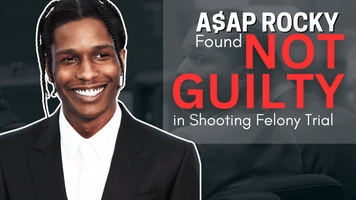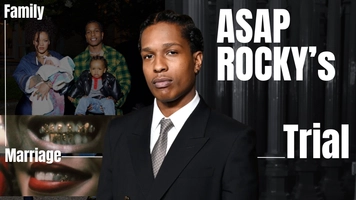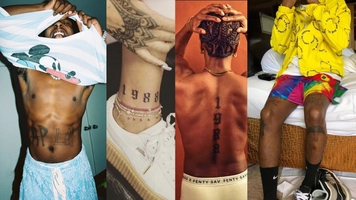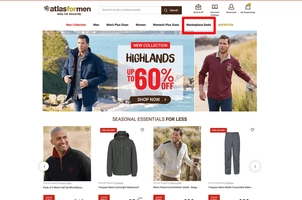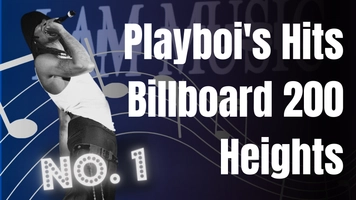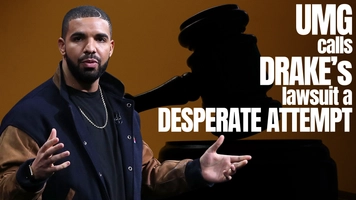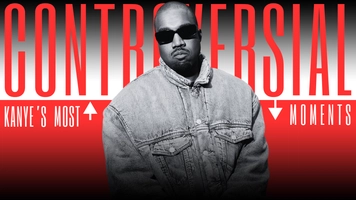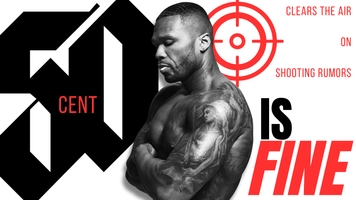Controversial A$AP Rocky Lyrics And The Ongoing Fight Over Artistic Freedom
Share your thoughts on A$AP Rocky’s most provocative lyrics—are they bold artistic statements or lines that cross the line?
Published Dec 8, 2024
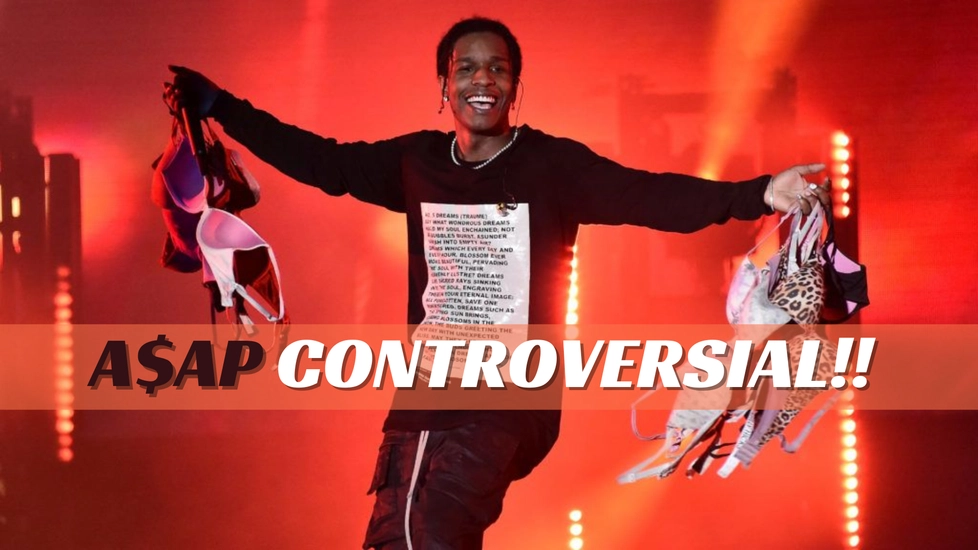
Table of Contents
- The Lyrics That Sparked Outrage
- A$AP Rocky and the Legacy of Controversy
- Freedom of Expression vs. Cultural Responsibility
- The Backlash and Its Aftermath
In the world of hip-hop, few artists generate as much stylistic buzz and provocative commentary as A$AP Rocky. His fearless fashion sense, genre-blurring sound, and unapologetic lyrics have helped define a new era of rap artistry. But with boldness comes backlash. Over the years, certain bars in his tracks - particularly from his third studio album At.Long.Last.A$AP - has ignited controversy, stirred debates over censorship, and raised thorny questions about where to draw the line between creative freedom and offensive speech. In many ways, A$AP Rocky’s predicament isn’t new: it’s an ongoing chapter in a long, complicated history of balancing artistry with public decency, a tension that can be traced all the way back to the “Filthy Fifteen” battles of the 1980s.
Also Read:
- A$AP Rocky’s Legal Battles And Controversies
- The Humanitarian Efforts Of A$AP Rocky
- Inside A$AP Rocky’s Explosive Industry Feuds & How They Changed Hip-Hop
The Lyrics That Sparked Outrage
At.Long.Last.A$AP's release left fans anticipating a rich auditory experience. With big-name features, psychedelic production, and Rocky’s signature cool, it promised to push musical boundaries. But certain lyrics were more than boundary-pushing; they were button-pushing. On tracks like “Better Things,” Rocky name-dropped singer Rita Ora in a way many deemed misogynistic, reducing her to a sexual target and suggesting a disrespectful encounter. Listeners quickly took to social media, criticizing the Harlem rapper for what they viewed as not just edgy, but overtly demeaning bars.
Other lines prompted discomfort too, touching on sexual violence, drug-fueled aggression, and deeply personal attacks against women. Some fans argued he was merely playing a character or pushing back against societal norms, while others insisted these were genuine lapses in judgment—hateful, harmful words disguised as rebellious art. The fallout included headlines, think-pieces, and heated online debates, all while Rocky stood by his “no holds barred” approach.
A$AP Rocky and the Legacy of Controversy
Fast-forward to now, and A$AP Rocky occupies a space where those old battles over “acceptable” lyrics resonate anew. The PMRC and their Filthy Fifteen might seem like ancient history, but the spirit of that era lingers. Today’s critics can be fans, journalists, or social media communities who instantly react to perceived offensiveness. And while record labels still slap advisory labels on albums, the real policing often happens in the digital arena, where audience backlash can quickly transform into widespread calls for censorship or boycotts.
This is the terrain that A$AP Rocky must traverse, where each and every one of his controversial lyrics is examined in minute detail. The question arises: should an artist’s every word be sanitized to avoid offending certain segments of the audience, or does true creativity require risk - even if it offends?
Freedom of Expression vs. Cultural Responsibility
In hip-hop, freedom of expression has always been paramount. Rap emerged as a voice for marginalized communities, a medium to tell raw, unvarnished truths. The genre’s evolution brought forth more commercial success, bigger platforms, and inevitably, greater responsibility. With millions tuning in, rappers face the burden of weighing shock value against the potential harm caused.
A$AP Rocky has claimed that everything he pours into his lyrics - emotions, feelings, frustrations - is authentic. Those who defend him argue that censorship stifles authenticity and dilutes the spirit of the music. Yet, critics maintain that certain lines don’t just push boundaries; they reinforce negative stereotypes and inflict real pain on groups that have long been targets of misogyny, homophobia, or violence. However, his style of visual storytelling often makes people get mesmerized and pay less attention to lyrics that can be claimed as offensive.
The Backlash and Its Aftermath
Even though A$AP Rocky hasn't faced official government restrictions, he is on trial in the court of public opinion because of the social and cultural backlash. Angry tweets, think-pieces, and even some public figures calling him out act as a form of communal censorship. Sometimes, artists respond by toning down their content in future releases. Other times, they double down, insisting that controlling language is an assault on their art. The outcome often depends on shifting cultural tides—and the artist’s willingness to adapt.
In 2024 and beyond, as music continues to morph in the digital age, the conversation around censorship isn’t going anywhere. If anything, the stakes are higher than ever. Controversies surrounding the famous Harlem rapper highlight a powerful dynamic: music is a mirror that can reflect ugly truths and uncomfortable realities. Should that mirror be shattered when it reveals something we’d rather not see or hear?
Ultimately, it’s up to listeners, artists, and cultural critics to shape where we draw the line. The goal shouldn’t be to silence artists, but rather to encourage thoughtful dialogue about what these lyrics mean, who they hurt, and how they fit—or clash—with evolving social values. After all, the freedom to create and the freedom to criticize are both essential for music’s growth.
Write a comment
Comments
No Comments Yet
Trending
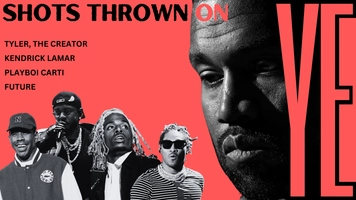
Ye’s Latest Rants: Attacks On Kendrick Lamar, Playboi Carti, Future & More
Amanda Lee Swanson
• Mar 23, 2025

